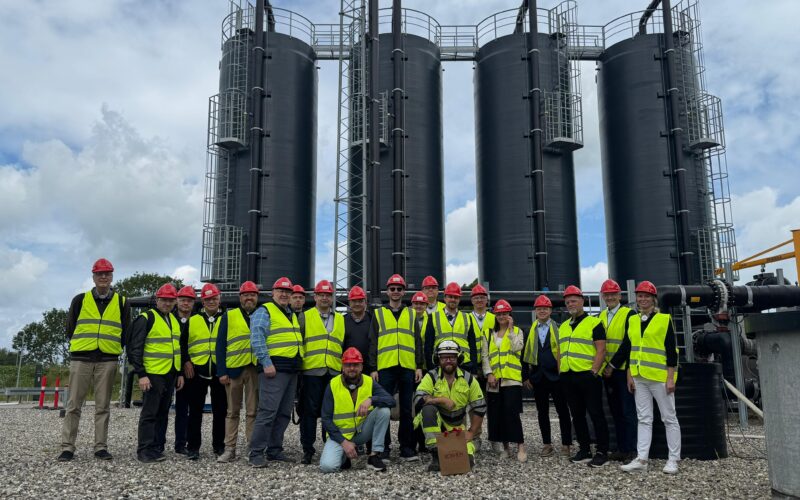Georgii Geletukha about necessary reforms in the district heating sector — KeepWarm project
District heating is the most unreformed energy sector compared to electricity, gas, renewables, etc. This position was expressed by the UABIO Head of the Board Georgii Geletukha during the discussion of proposals to the National action plan for the modernization of district heating.
The online discussion took place during the third webinar of the KeepWarm project, which was organized by the Ukrainian partner of the KeepWarm project KT-Energy LLC on July 23.
Main arguments
- Ukraine spends more than half of its total energy consumption on heat supply. The most energy-consumed sector is the least reformed and regulated in our country.
- We urgently need a comprehensive strategy for the development of heating systems. The only state document — the Concept for the State heat supply policy implementation that consists of 7 pages, half of which — a critique of the current situation.
- Legislation needs to be reformed. We do not have the term “efficient district heating systems”, which is in European regulations. In many countries, zoning guidelines have been introduced, according to which in certain areas there is only district heating. This can only be implemented through legislation.
- The interaction of strategies of different levels is required: state and local. Each city must have its own heat supply scheme in accordance with the projected targets of the state: the share of district heating, the share of renewable energy in the system, the share of cogeneration, allowable heat loss, and so on.
- We need to create a management structure in which everyone understands what to do. A political approach should be involved in heat supply schemes: where is this system moving, what will it work on in 10 years, etc. It must complement the technical component.
- Today, district heating systems lose to individual systems. At the same gas prices, the tariff will always be higher in large systems due to an administrative component and heat losses. If we continue to use natural gas as the main fuel, and at the same gas price for the industry and the population, these systems are doomed.
- District heating systems can compete with individual systems only if the tariff is significantly lower: by 20-30%. It is impossible to do this on gas. We have to consider other types of fuel: biomass, household waste, waste heat. Also, we can involve more efficient technologies than the boiler, such as cogeneration, heat pumps.
- We must draw on the European experience. Today it is almost impossible for the biomass boiler house to connect to the system without the consent of the utility company, which, in turn, has a conflict of interest. We need to change the connection rules. There is already a European RED II Directive, which has a clear list of situations when the boiler house cannot be connected. This is a “green” line for connecting independent sources to the central heating system.
You can find more information about the Keep Warm project on the official website


